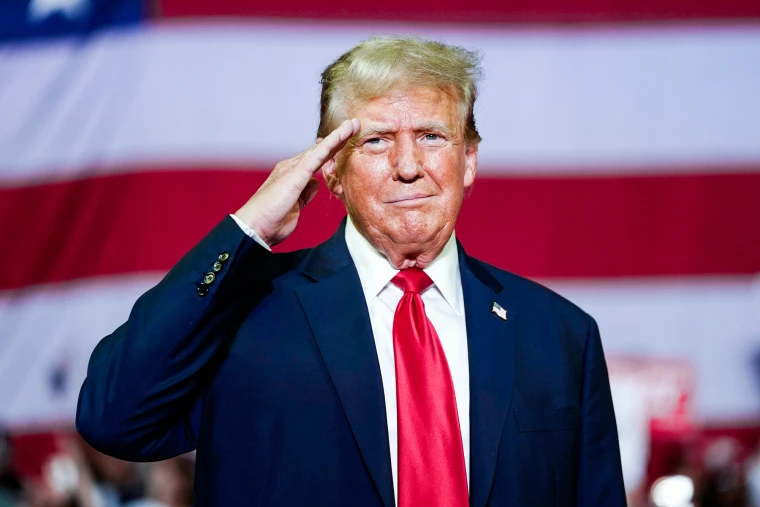On Saturday, Dr. Ronny Jackson, former White House physician and current Texas lawmaker, provided new details about the gunshot wound sustained by Donald Trump during a recent assassination attempt. The attack occurred at a rally in Pennsylvania, where Trump was struck on the upper part of his right ear.
According to Jackson, the bullet came alarmingly close to Trump’s head, missing it by just a quarter of an inch before hitting the top of his right ear. This is the first detailed account of the injury from Jackson, who has been overseeing Trump’s treatment since the incident.
Jackson revealed that the wound, which measures about 2 centimeters in width, has damaged the cartilage in Trump’s ear. Despite initial bleeding and swelling, Jackson noted that the wound is healing naturally. The bandage used is intended to manage minor bleeding, and no stitches were required.
After the shooting, Trump underwent a CT scan and will soon be tested for hearing, Jackson confirmed. The former physician, who served in the White House under Presidents George W. Bush and Barack Obama, previously praised Trump’s health, describing him as having “great genes” and suggesting he could live up to 200 years.
Jackson has been a controversial figure, known for his close ties with Trump and his outspoken views on various issues, including questioning President Joe Biden’s cognitive abilities and advocating for less stringent COVID-19 measures.







